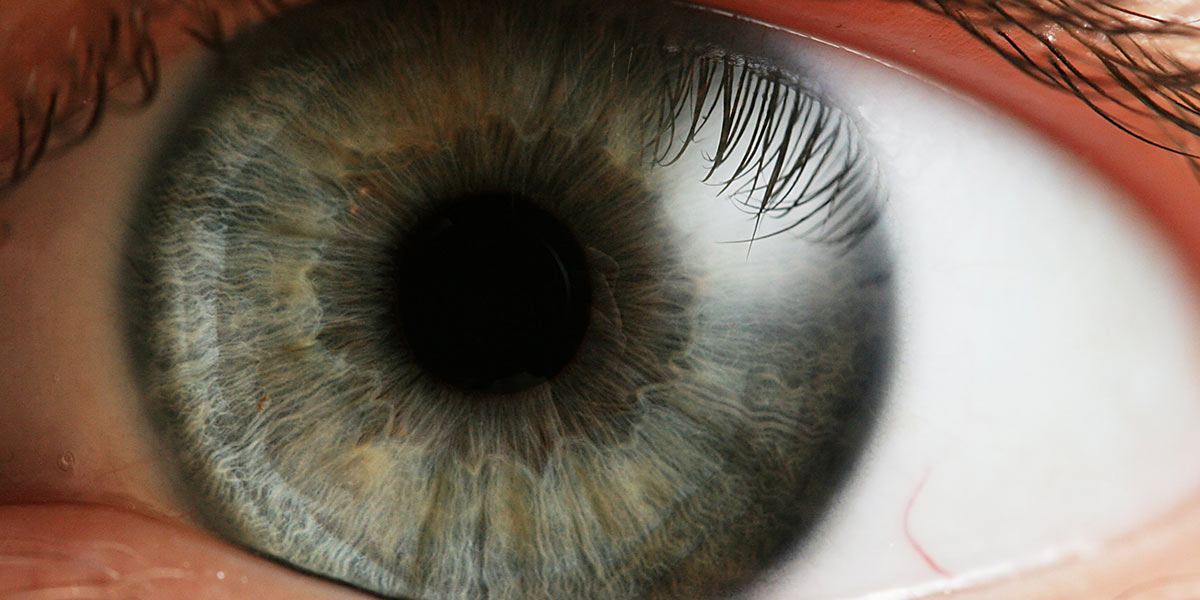People remain blind due to outdated gay cornea donation ban

Desperately-needed donated corneas from gay and bisexual men are being thrown away instead of used to help thousands of people to restore their eyesight.
Some forms of blindness and visual impairment can be cured with corneal transplant surgery using donated eye tissue. However, federal regulations in the United States and Canada severely restrict the ability of sexually active gay and bisexual men from donating their eye tissue.
A new study published in the journal JAMA Ophthalmology has found that the restriction disqualified as many as 3,217 corneal donations from gay and bisexual men in 2018.
Corneal donation in the US is limited by a decades-old policy that bans men from becoming donors if they have had sex with another man in the past five years. Canada similarly bans corneal donations from men who had sex with another man during the previous 12 months.
These restrictions remain in place despite a worldwide need for corneas for vision-restoring surgery and a lack of scientific evidence of harm caused by corneas from these men.
“With millions of people across the world in need of corneal transplants, these discarded corneas from gay and bisexual men could be used to address the shortage and safely restore vision to thousands of patients with corneal blindness or visual impairment,” said the study’s lead author Michael A. Puente, MD, assistant professor of ophthalmology at the University of Colorado School of Medicine.
The study is the first of its kind to review how these outdated policies have restricted corneal donations and prevented patients from receiving sight-restoring care.
The prohibition on corneal donation by men who have sex with men was instituted in May 1994, out of concern that HIV rates were disproportionately high in that demographic. Since then, however, HIV testing has become faster and increasingly reliable, identifying infection within four to eight days of exposure.
All corneal donors in the US are required to undergo three separate HIV tests. Despite these advances, the US Food and Drug Administration (FDA) continues to require gay and bisexual corneal donors to be abstinent for five years, even if all three HIV tests are negative.
The article in JAMA Ophthalmology also reports that the risk of HIV transmission via corneal transplantation is low, further indicating that the restrictions should be reconsidered (there has never been a reported case of HIV transmission through corneal transplant surgery).
“With modern virologic testing and a better understanding of the low risk of HIV transmission through corneal transplants, this five-year deferral policy for gay men is not supported by current science,” Puente said. “We ask federal regulators to reconsider these outdated policies which are depriving patients of the possibility of sight restoration.”
Many countries, including Spain, Italy, Mexico, Chile, and Argentina, allow gay and bisexual men to donate their eye tissue just as easily as heterosexual donors. Other countries have deferral periods far shorter than five years.
According to the Organ Donor Foundation, corneal donation exclusions in South Africa are based on “positive virology results for infectious diseases such as HIV/AIDS, Hepatitis B or C and Septicemia.”
Countries such as the US and the UK also continue to restrict gay and bisexual men from donating blood and, more recently, from participating in medical trials to find a treatment for Covid-19.
Leave a Reply